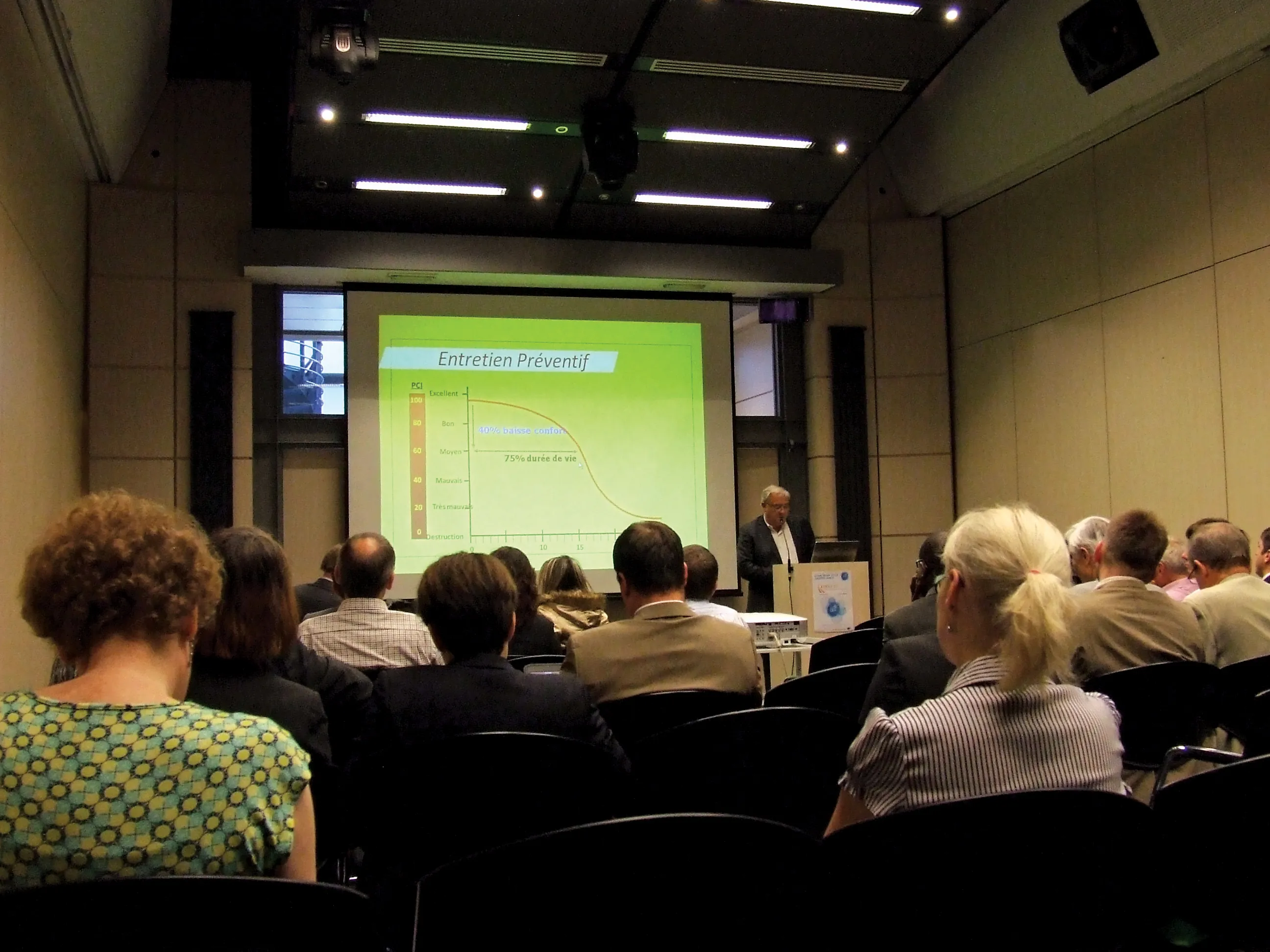
Rowe will share the surprising lessons he learned as an apprentice - traversing all 50 states and attempting 300 different jobs - during a special session called ‘Lessons from the Dirt’.
The Tech Talks forum offers short, content-rich presentations to inspire and inform. The Talks are an integral component of the show’s new Tech Experience, focused on emerging trends and solutions directly affecting the construction industries in key areas of the jobsite, workforce and infrastructure.
“We’re very excited to welcome Mike Rowe to the Tech Talks forum and CONEXPO-CON/AGG to connect with our attendees,” said Sara Truesdale Mooney, show director and vice president exhibitions and business development,
40-Session line-up also features Local Motors’ CEO
Also joining the Tech Talks forum line-up is John Rogers, president, CEO and co-founder of Local Motors, a next-generation car company changing the designing, building and ownership of cars.
In ‘The Future of Mobility’, John will discuss how the mobile landscape will look very different in the future, as well as autonomous vehicles plus projects and expectations for 2020 and beyond.








